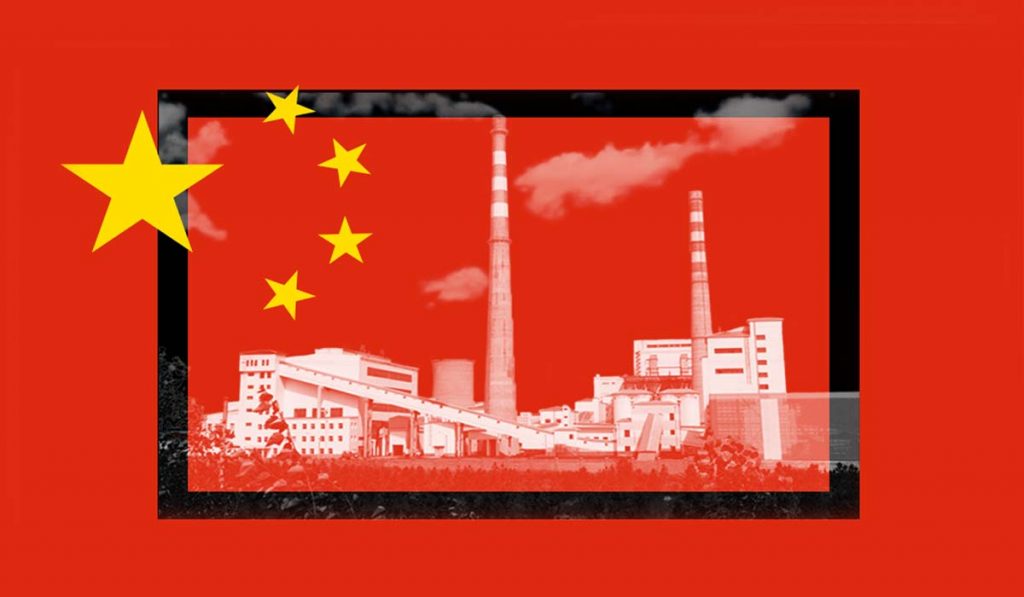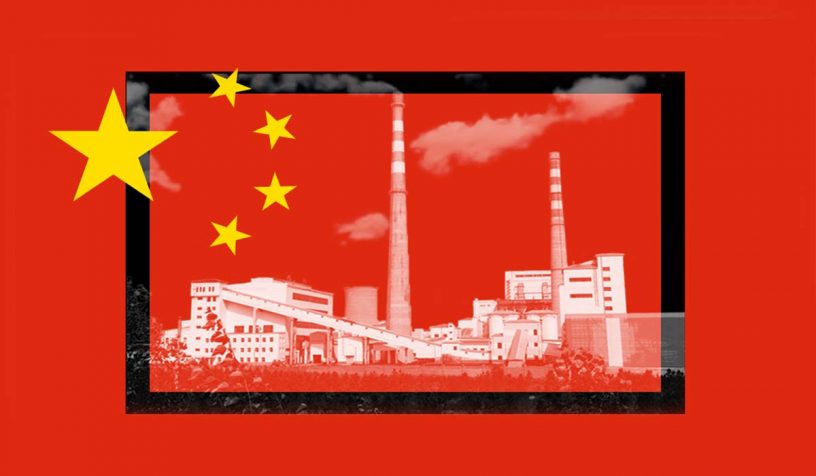
Achieving a material and socio-economic transformation that supports the move away from coal needs major changes in governance, policies, planning, investment and organisations practices at various levels, says the author.
Author
Sriparna Pathak, Associate Professor, School of International Affairs, O.P. Jindal Global University, Sonipat, Haryana.
Summary
The nature of international relations has been constantly changing over decades and centuries, as the nature of threats to humankind’s continued survival has been evolving. If the transition from the 19th to the 20th century saw the emergence and the re-emergence of the conflicts over physical boundaries between states comprising the international system, then the transition from the 20th to the 21st century saw the emergence of the non-state actor as a potent threat in international relations.
The 21st century, as juxtaposed to the previous centuries, is undergoing a host of changes ranging from cyber warfare to increase in artificial intelligence to biological warfare to the emergence of a global scale pandemic—all of which seriously threaten the continued existence of humankind. What has also become identified as a potent threat in the 21st century is climate change.
While climate change per se did not emerge overnight and is an outcome of centuries of pollution, the problem has reached alarming levels given the massive number of changes taking place owing to climate change. What is more worrisome is the fact that while climate change has been recognised as a threat to humankind, states of the international system still undertake an outdated, almost territorial approach on the issue, refusing to take responsibility for change and trying to extract maximum benefits out of the existing international system for the fulfilment of their own narrow selfish interests.
The challenge becomes a type of protracted conflict as developed countries of the rich North constantly seek to evade their historic responsibility for polluting the world for decades, while trying to put emission caps on the developing world. For the developing world this becomes challenging as levels of development are directly proportional with carbon emissions. A halt to emissions also means a halt to economic development which in turn will jeopardise the lives of billions living in the developing world.
Published in: India Foundation
To read the full article, please click here.


